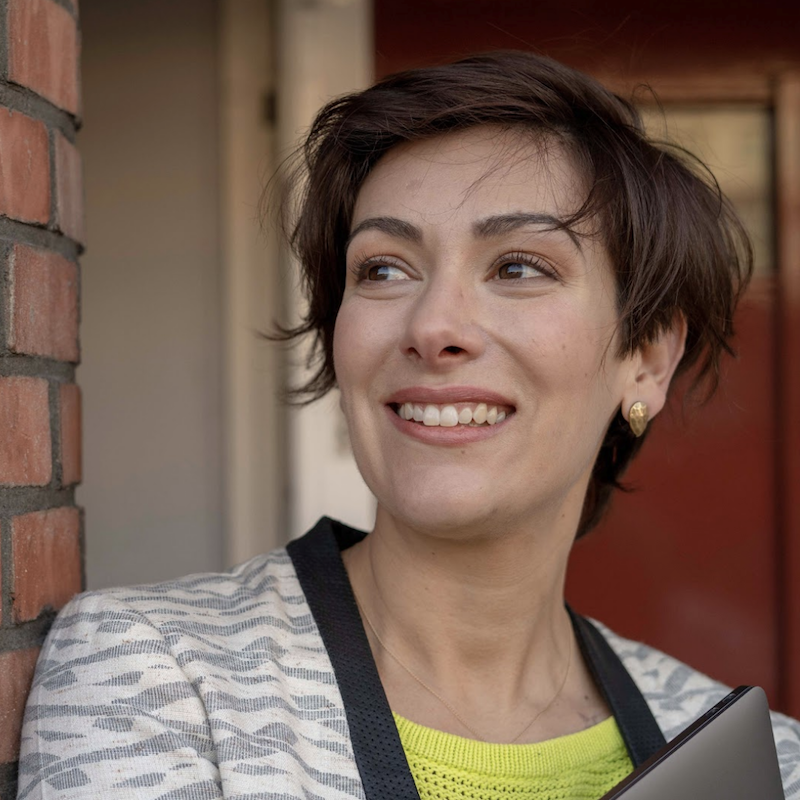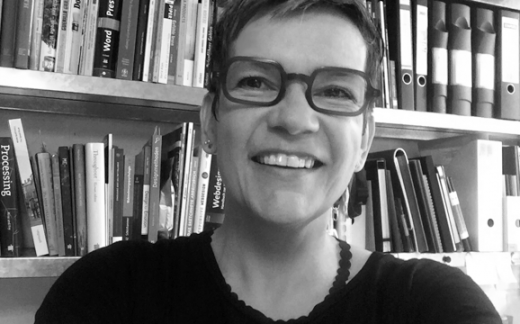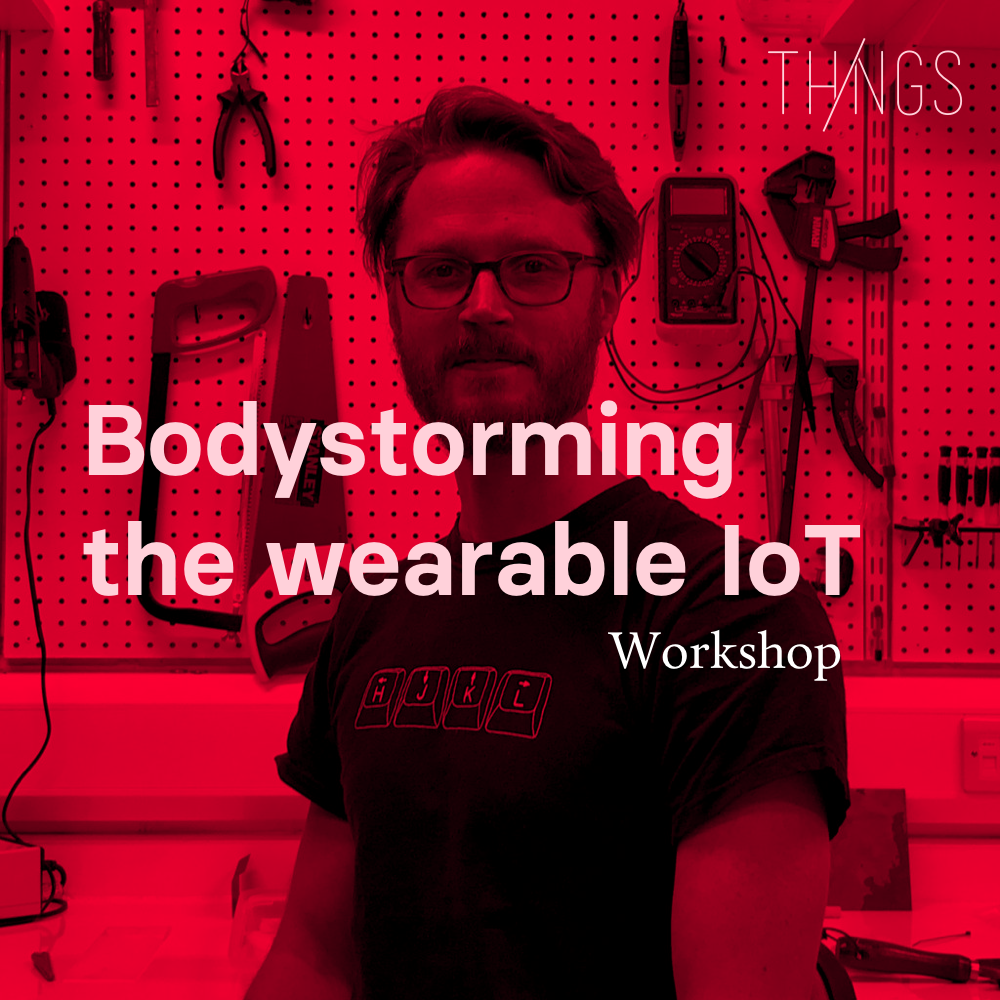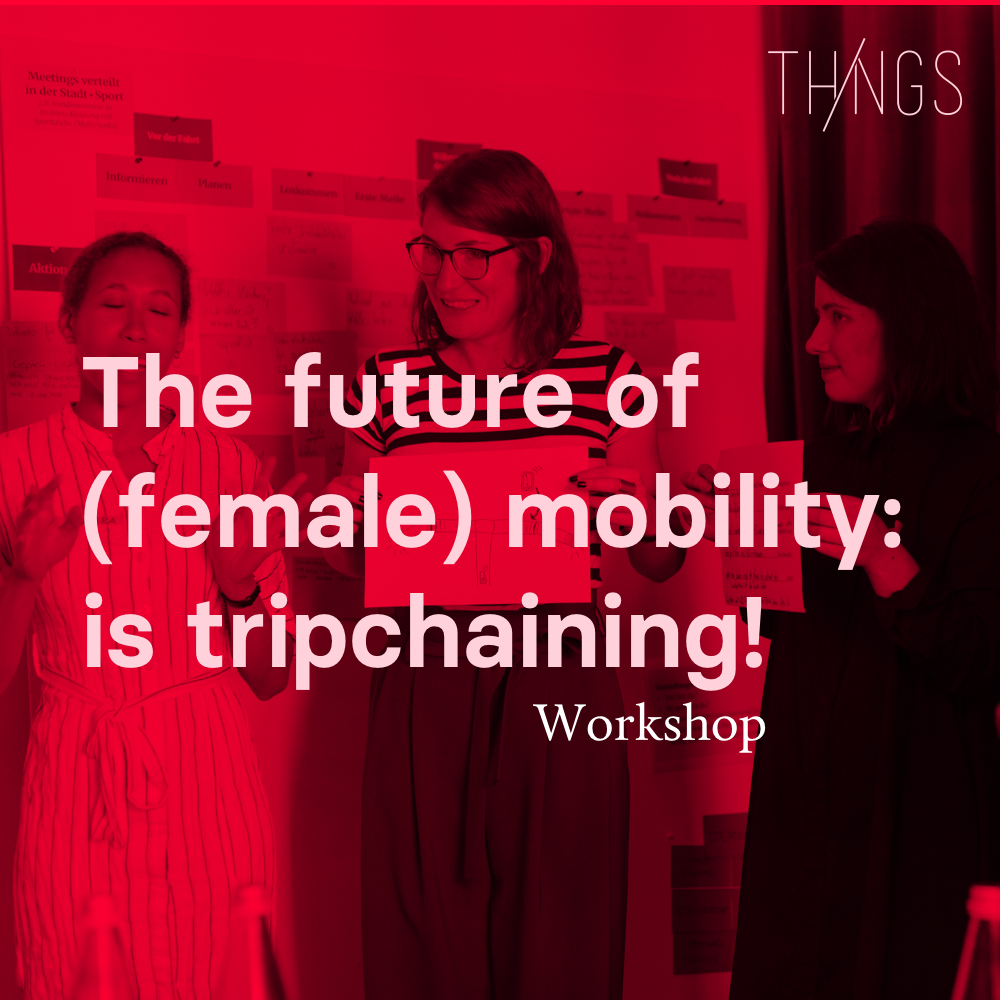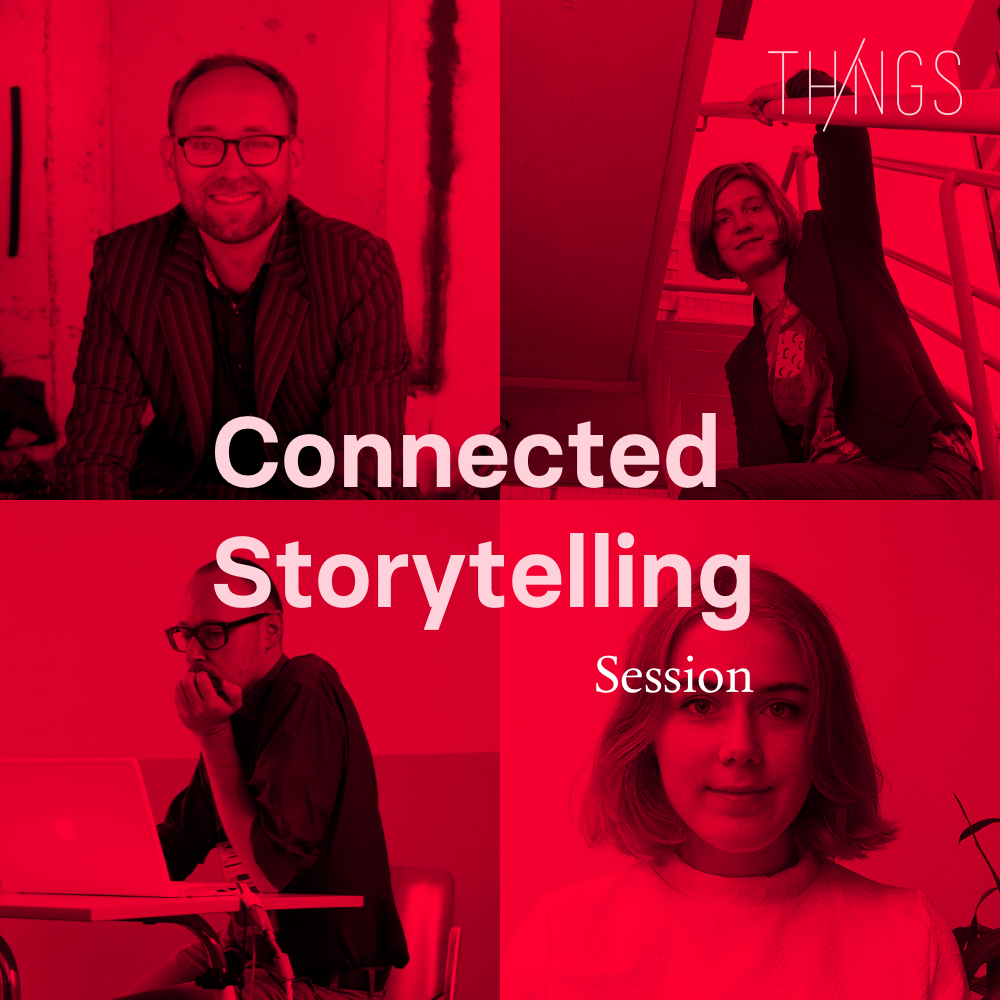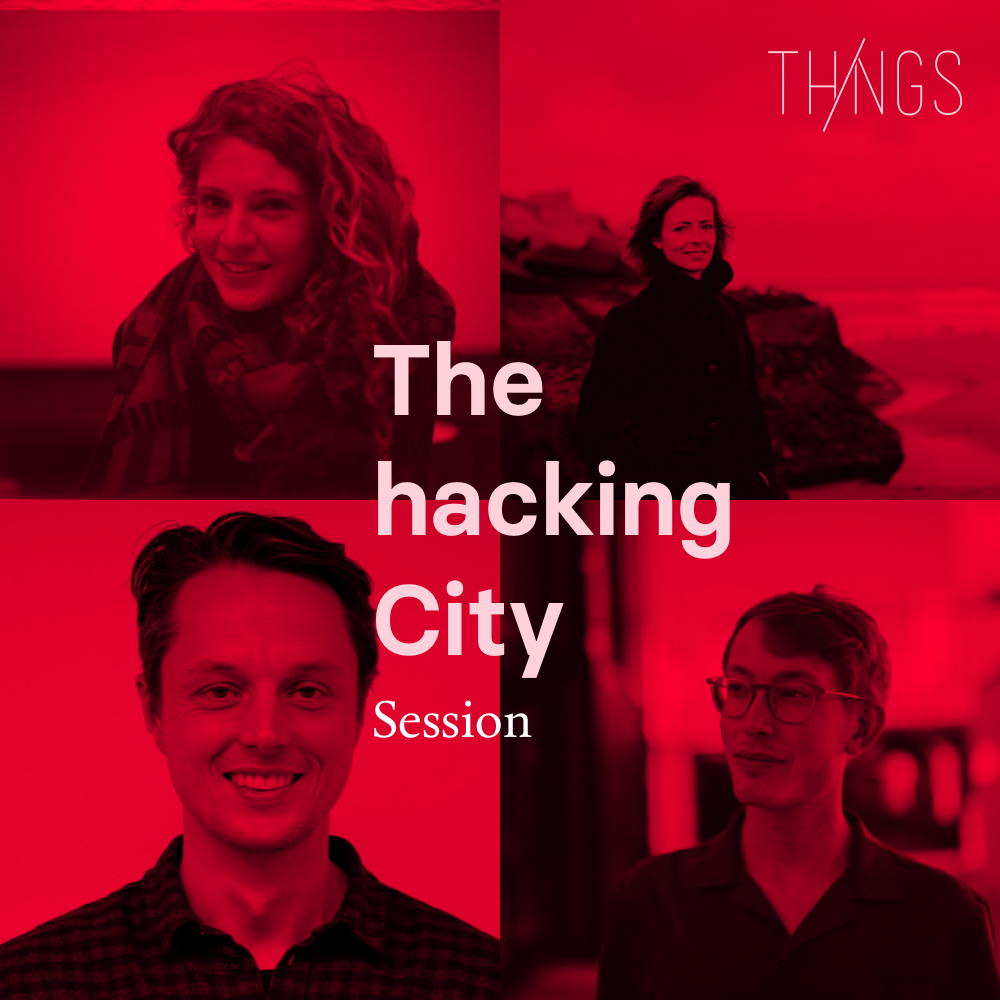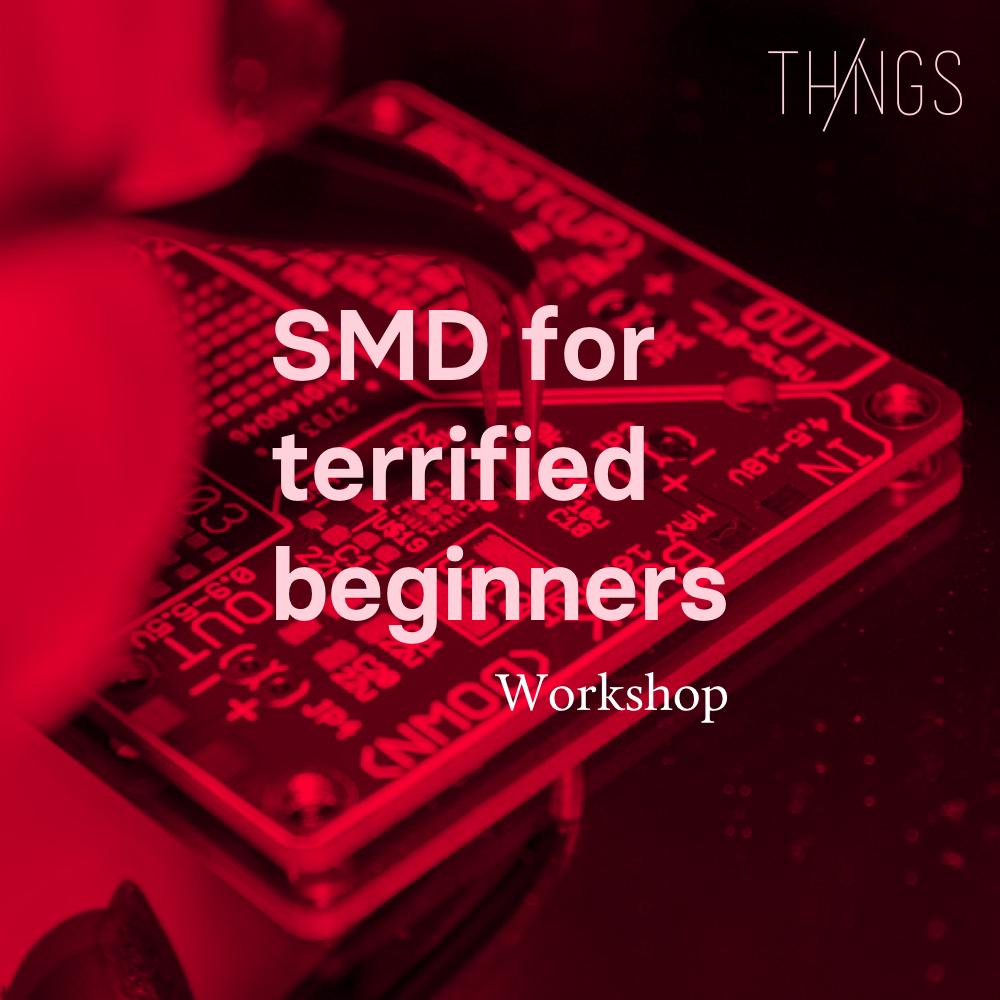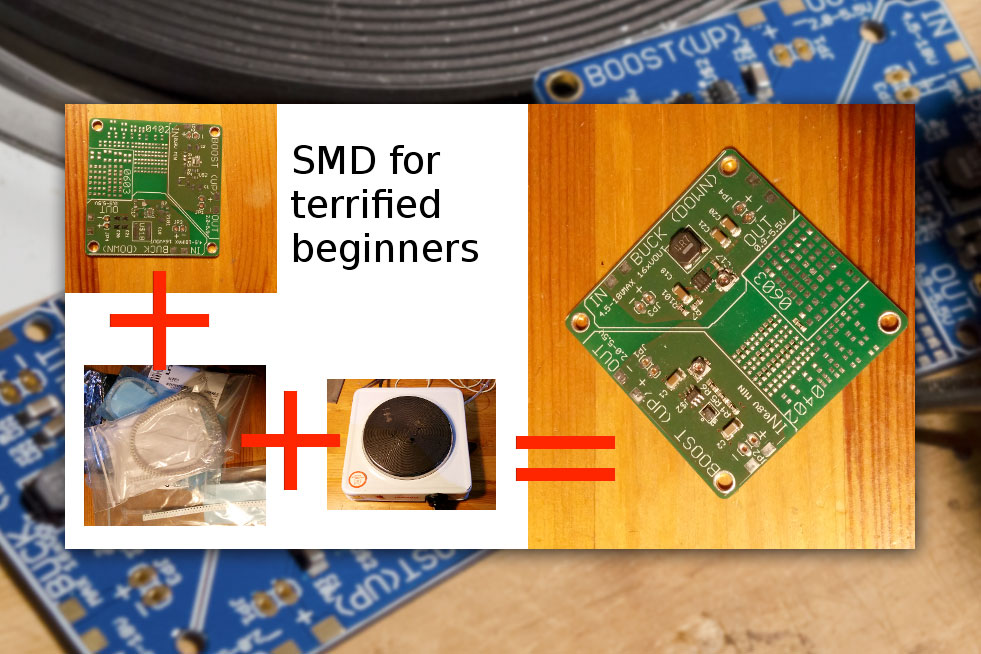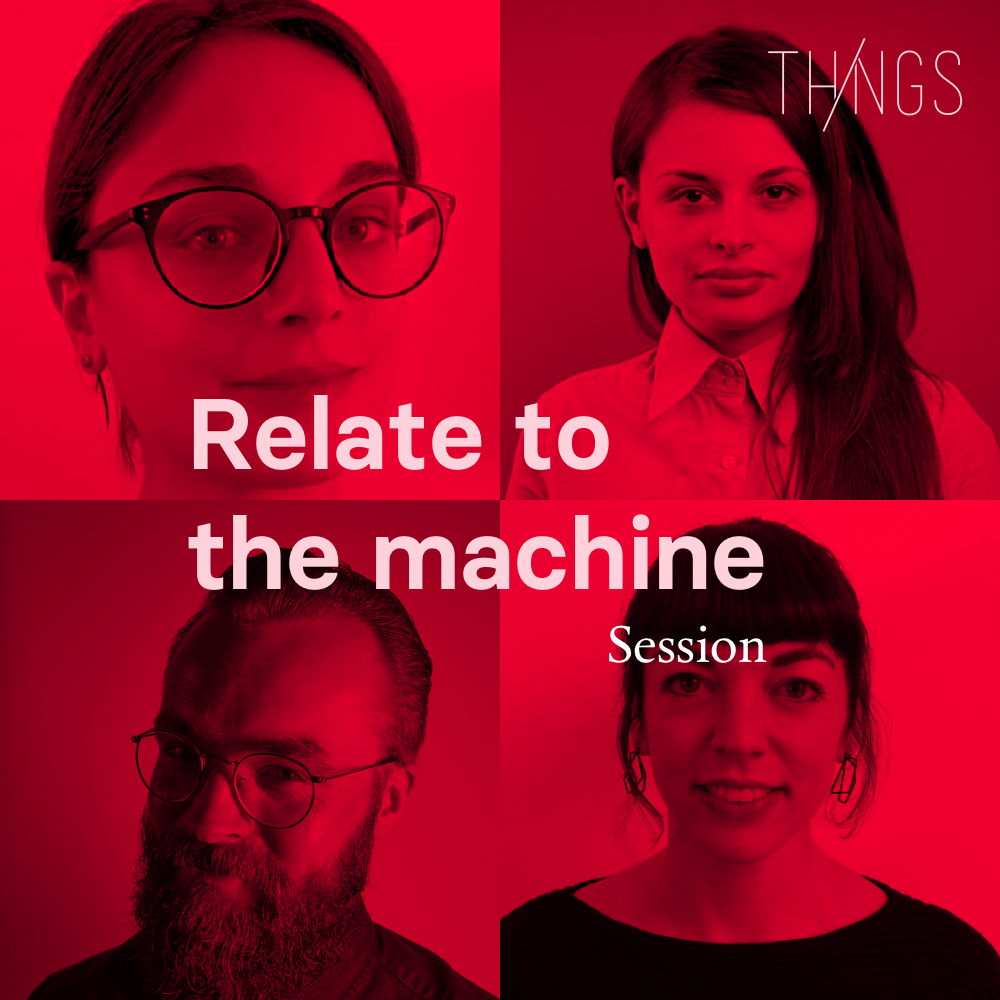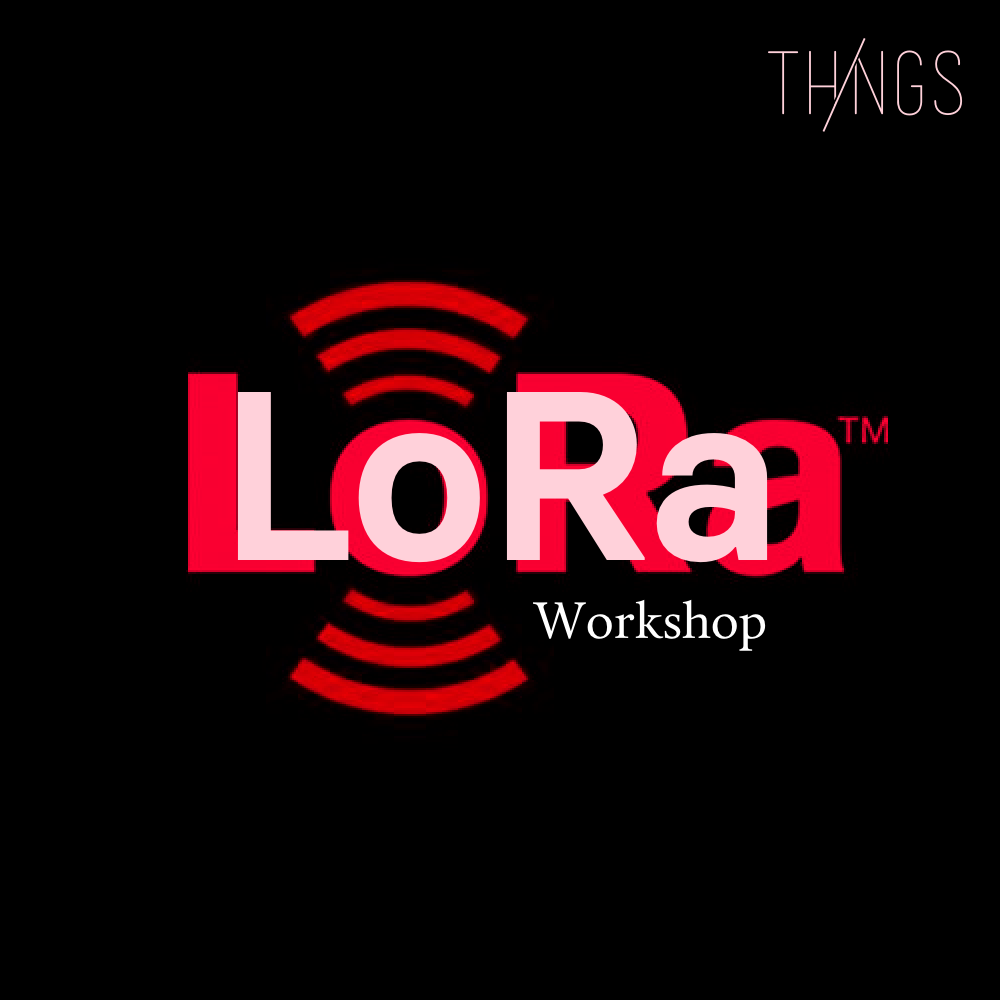
Quick-start with wireless devices on the LoRa Network
Wireless IoT on LoRa with the KPN Things Portal
LoRa (Long Range) is a low-power wide-area network (LPWAN) technology. KPN has set-up a LoRa network with national coverage. To support activation and management of devices and their data, we have created the Things Portal.
Workshop
This workshop will have a practical hands-on part and a conceptual part.
Everyone will get a Marvin LoRa development board to work with. You’ll be programming (easy instructions) the board, bring it online through our Portal and choose an end-point to send it’s data to.
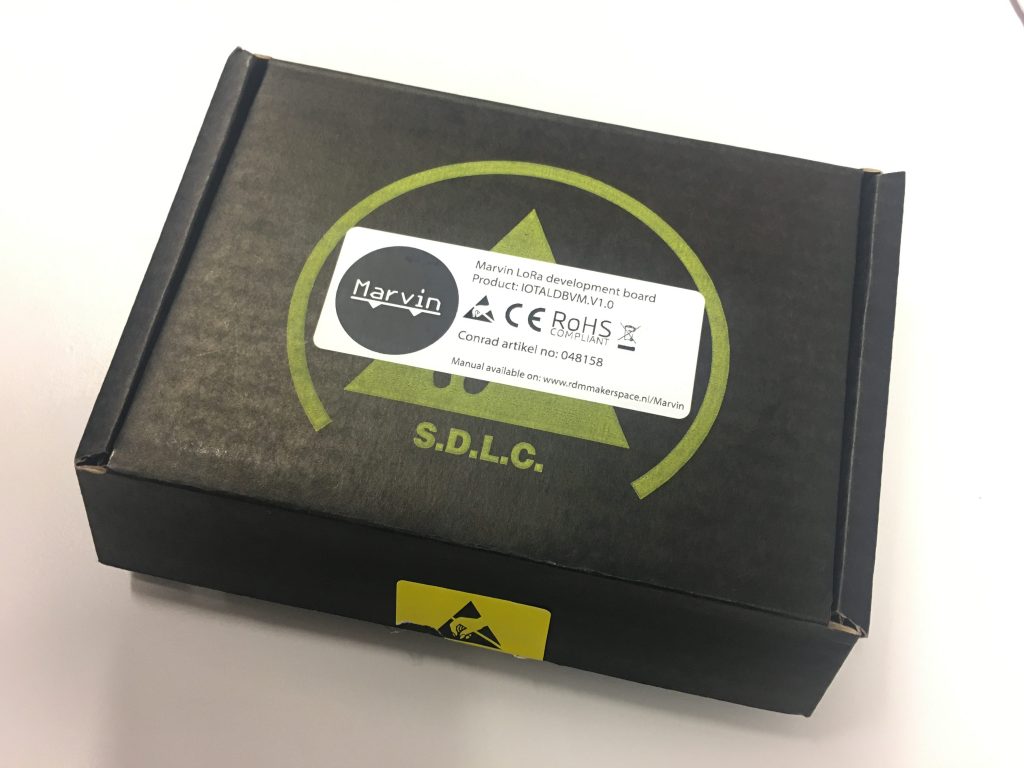
Now that we’re inspired, we’ll discuss the possibilities of low-power wireless devices and come up with applications. At the end we’ll choose a winning concept, which will take home a device.
You’ll get to keep you account with the LoRa access.
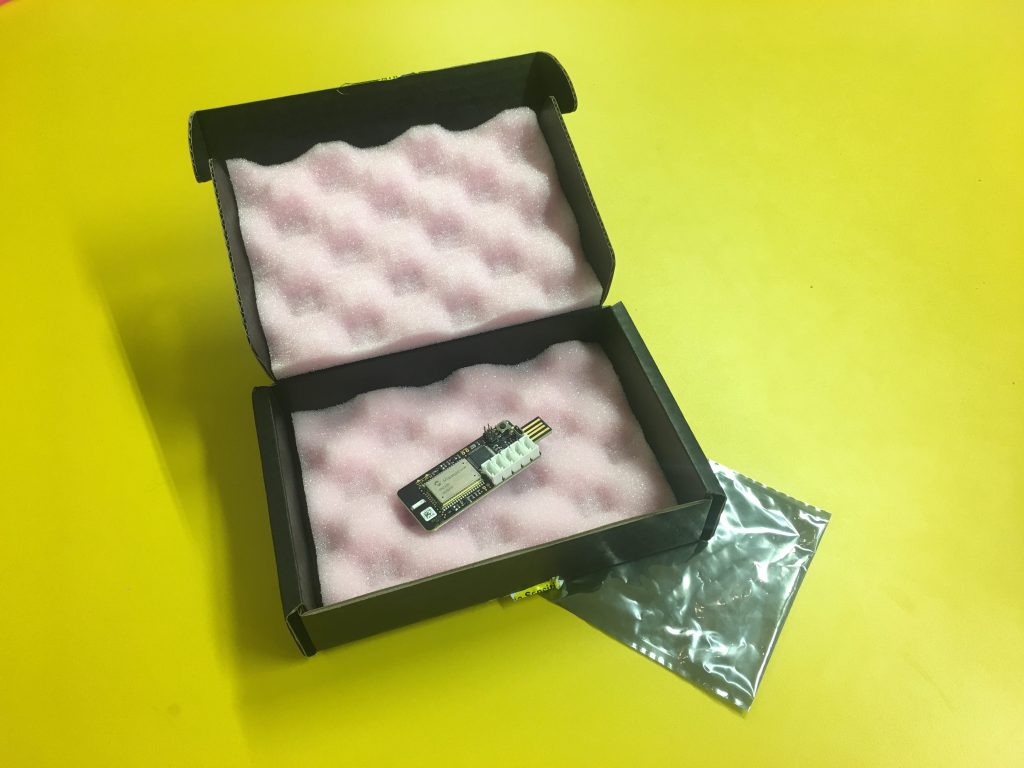
What to bring
Bring your laptop, we’ll bring devices. If you have a device with LoRa connectivity you’re welcome to bring that too.
Max 20 people.
The workshops is hosted by Elias van den Berg, Martijn Voerman, and Simone Tertoolen
